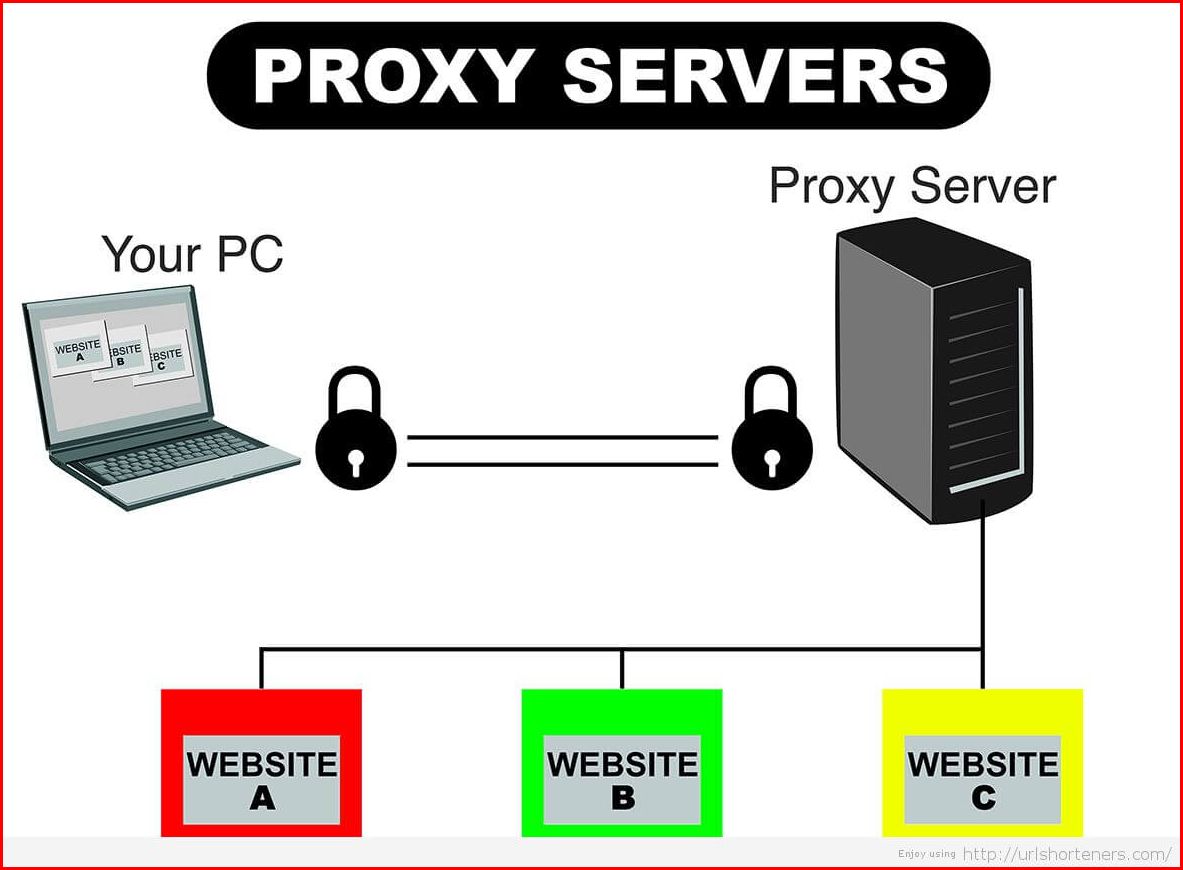Within the current digital era, online confidentiality and safety have become paramount issues for internet users. As cyber threats on the increase and data breaches making headlines, many individuals and companies are looking for powerful solutions to protect their online activities. One such option that is noteworthy is the use of proxies. By acting as intermediaries between users and the internet, these proxies not only enhance online security but also offer a variety of benefits for gaining access to content and maintaining anonymity.
Understanding the concept of a proxy server is and how it functions is essential for those seeking to manage the complexities of online engagements safely. Whether for personal use or to strengthen a business's cybersecurity measures, the benefits of using a proxy server can significantly affect the way we experience the web. From safeguarding your personal information to improving productivity, exploring the different types of proxy servers and their particular applications can result in a more informed and secure internet experience.
Comprehending Proxy Servers
Proxies serve as intermediaries connecting users and the internet, routing requests made by users to the website s they wish to access. When a client makes a request, the proxy relays it to the destination server while masking the individual's original IP address. This method not only aids in preserving anonymity but also allows for filtering information and enforcing security policies.
There are various types of proxy servers, such as HTTP, SOCKS, and transparent proxies. Each type has unique purposes, ranging from handling specific protocols to offering a low level of client identity masking. For instance, HTTP proxies are mainly employed for web traffic, while SOCKS proxies can process various types of traffic. Grasping these differences helps users select the suitable proxy based on their preferences.
In besides enhancing privacy, proxy servers can boost online safety. By screening traffic and blocking access to harmful sites, they can reduce the risk of malware infections. Moreover, they can cache frequently accessed data, leading to faster load times and lowered bandwidth usage. In summary, proxies are vital tools for anyone looking to explore the internet more safely and effectively.
Pros and Drawbacks of Proxy Servers
Using proxy servers offers several merits for internet users desiring better privacy and security. One of the main pros is the ability to hide your IP address, which helps protect your identity and location from potential threats. By transmitting your internet traffic through a proxy, you can browse websites privately, reducing the likelihood of tracking and surveillance by external entities. Additionally, proxies facilitate users to bypass geographical restrictions, permitting access to content that may be blocked in particular regions.
However, relying on proxy servers carries certain risks. Not all proxies provide the same level of security, and free proxies, in especially, can expose users to privacy breaches and data theft. Some may record user activities or inject advertisements into your browsing sessions. It is essential to select reputable proxy services to lessen these risks and ensure that your online activities remain private. Moreover, the utilization of poorly configured proxy servers may introduce vulnerabilities that hackers could take advantage of.
Another consideration is the effect on internet speed and performance. While some proxy servers can speed up connection times by saving frequently accessed content, others might cause latency and slow down your browsing experience. Understanding the benefits and risks linked to proxy servers is essential for making wise decisions that align with your online needs and security demands.

Proxy Servers in Industry and Gaming
In the corporate world, proxy servers play a essential role in improving security and protecting sensitive information. Companies can direct their internet connection through a proxy, which acts as an intermediary between employees and the internet. This configuration not only protects IP addresses but also enables organizations to monitor and manage internet access, making sure that staff view only approved content. By separating corporate networks from the open internet, proxy servers help reduce risks associated with online threats, making them indispensable tools for protecting corporate information.
Video gaming also benefits significantly from the implementation of proxies. Players often face issues such as lag and geo-restrictions when trying to access various game servers. Using a proxy server can reduce lag by optimizing connection routes and provide access to region-locked games, enabling players to enjoy content that may not be available in their location. Additionally, proxy servers can help prevent IP bans in multiplayer games, enabling gamers to maintain continuous access to their accounts and gaming experience.
Moreover, the competitive gaming environment has led many gamers to use proxy servers for an competitive advantage in their tactics. By allowing gamers to hide their real IP addresses and manage multiple accounts without the threat of detection, proxies can enhance performance and provide important insights. This usage, however, raises moral questions about fair play and sportsmanship, underlining the importance of weighing the benefits provided by proxy servers with responsible gaming practices.
